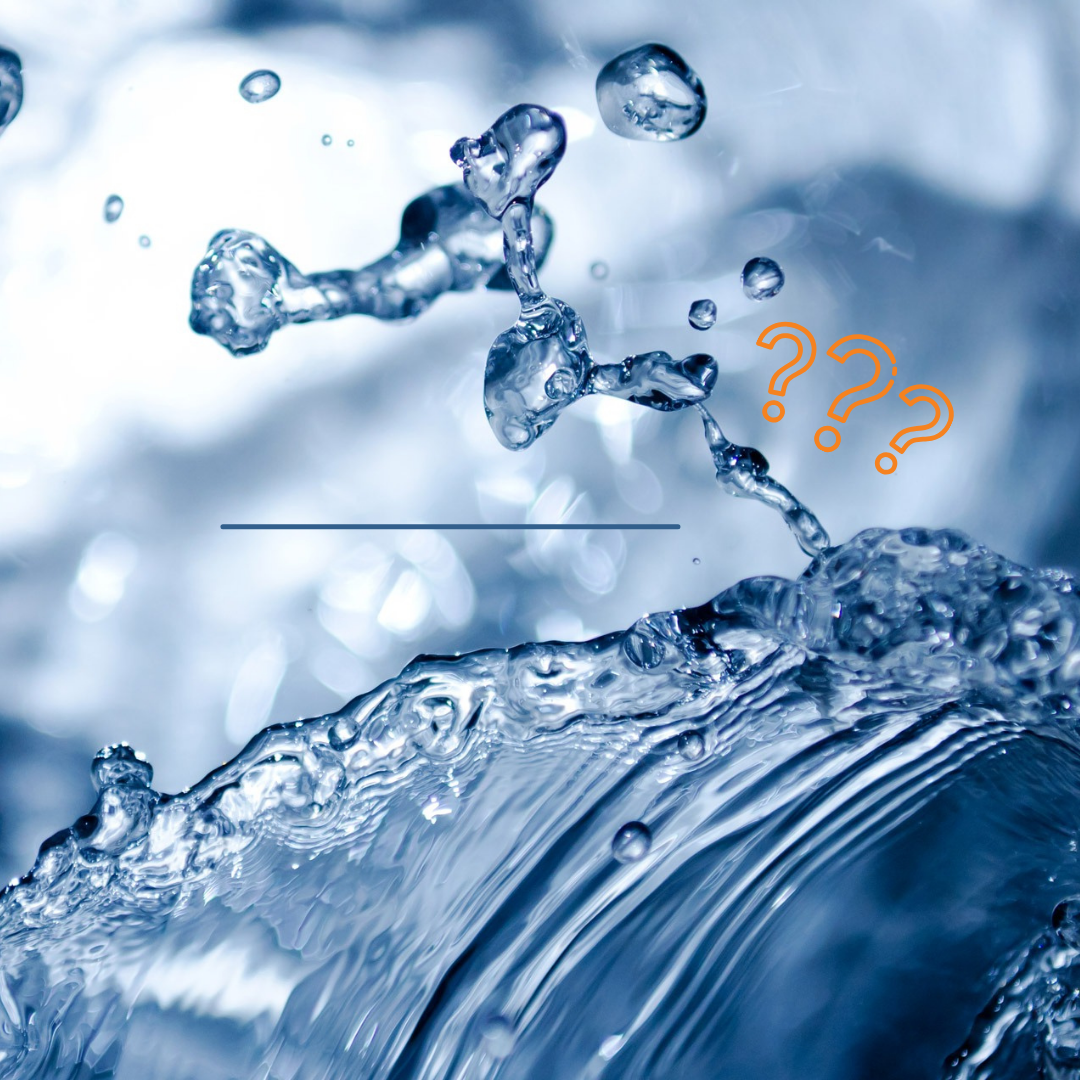Is Distilled Water Safe for Plants?

What is Distilled Water?
Distilled water, often considered the purest form of water, has gained popularity in various applications, from laboratory experiments to household appliances. But when it comes to nurturing our green companions, the question arises: Is distilled water safe for plants? This article aims to explore the impact of using distilled water on your beloved botanical friends, debunk common myths, and provide practical advice for plant care enthusiasts.

The Basics of Distilled Water
Distilled water is produced through the process of distillation, which involves boiling water and then condensing the steam back into liquid form. This method removes impurities, minerals, and contaminants, resulting in water with a very low mineral content and high purity. Distilled water is often used in situations where maintaining purity is crucial, such as in laboratories, medical equipment, and some household appliances.
Is this a myth that Distilled Water harm Plants or real?
One common misconception is that distilled water is harmful to plants because it lacks essential minerals. While it is true that distilled water does not contain the minerals found in tap water or well water, this does not necessarily mean it is detrimental to plants.
Plants obtain essential minerals from the soil, not from the water they are provided. Their roots absorb minerals such as potassium, calcium, and magnesium from the soil, and these nutrients are transported throughout the plant. Water primarily serves as a means of transportation for these nutrients within the plant.
In fact, using distilled water can have some benefits for certain types of plants and specific situations. Let’s delve into the pros and cons of using distilled water for plant care.
Pros of Using Distilled Water for Plants
- Reduced Mineral Buildup: Distilled water’s low mineral content prevents the buildup of salts and minerals in the soil, which can occur when using hard water or tap water. This buildup can hinder nutrient absorption by plant roots and cause soil pH imbalances.
- Suitable for Sensitive Plants: Some plants, especially those that thrive in acidic environments like orchids and carnivorous plants, can be sensitive to minerals present in tap water. Distilled water can provide a more consistent and suitable environment for these plants.
- Prevents Leaf Burn: Hard water, which contains a higher concentration of minerals, can lead to leaf burn when water droplets on the leaves evaporate, leaving mineral deposits behind. Distilled water eliminates this risk, making it ideal for plants with sensitive foliage.
- Ideal for Hydroponics: Hydroponic systems rely on a precise nutrient mix, and using distilled water allows growers to have better control over nutrient levels and pH in their setups.

Cons of Using Distilled Water for Plants
- Lack of Essential Minerals: While the absence of minerals in distilled water can be an advantage in some cases, it can be a disadvantage for plants that require specific mineral content. Some plants may benefit from a balance of minerals found in tap water or well water.
- Cost and Environmental Impact: Producing distilled water can be energy-intensive and may contribute to plastic waste if purchased in single-use containers. This can make it less environmentally friendly than using tap water.
- pH Instability: Distilled water’s lack of buffering capacity can result in pH fluctuations in the soil. It is essential to monitor and adjust the pH levels when using distilled water to ensure they remain within the optimal range for your plants.
Using Distilled Water Wisely (Certain Precautions to use Distilled Water)
If you decide to use distilled water for your plants, here are some tips to ensure they thrive:
- Monitor pH Levels: Regularly check the pH of your soil when using distilled water. Adjust the pH as needed to ensure it remains within the ideal range for your specific plants.
- Fertilize Appropriately: Since distilled water lacks minerals, it’s essential to provide your plants with a balanced fertilizer to ensure they receive all the nutrients they need.
- Rotate Water Sources: To avoid potential mineral deficiencies, consider alternating between distilled water and tap water, especially for plants that benefit from a variety of minerals.
- Know Your Plants: Understand the specific requirements of your plants. Some may thrive with distilled water, while others may prefer water with mineral content.
Conclusion
In conclusion, the use of distilled water for plants is a nuanced topic. While distilled water lacks the minerals present in tap water, it can be beneficial for certain plants, particularly those with specific sensitivities or for specialized applications like hydroponics. However, it’s crucial to monitor pH levels, provide appropriate nutrients, and understand your plants’ individual needs when using distilled water.
Ultimately, the key to successful plant care is knowledge and attention to detail. Whether you choose distilled water or another water source, the health and well-being of your plants depend on your understanding of their unique requirements and your commitment to providing them with the care they deserve. So, the next time you ask, “Is distilled water safe for plants?” remember that with the right approach, it can be a valuable tool in your gardening arsenal.





